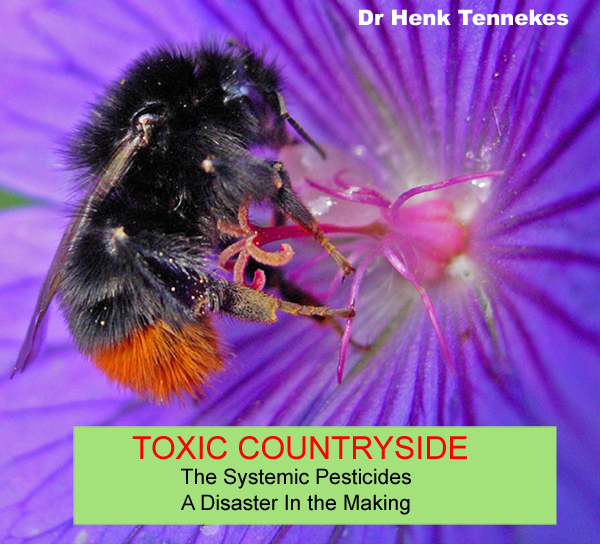As part of a study on impacts from the world’s most widely used class of insecticides, nicotine-like chemicals called neonicotinoids, American Bird Conservancy (ABC) has called for a ban on their use as seed treatments and for the suspension of all applications pending an independent review of the products’ effects on birds, terrestrial and aquatic invertebrates, and other wildlife. “It is clear that these chemicals have the potential to affect entire food chains. The environmental persistence of the neonicotinoids, their propensity for runoff and for groundwater infiltration, and their cumulative and largely irreversible mode of action in invertebrates raise significant environmental concerns,” said Cynthia Palmer, co-author of the report and Pesticides Program Manager for ABC, one of the nation’s leading bird conservation organizations. ABC commissioned world renowned environmental toxicologist Dr. Pierre Mineau to conduct the research. The 100-page report (attached), “The Impact of the Nation’s Most Widely Used Insecticides on Birds,” reviews 200 studies on neonicotinoids including industry research obtained through the US Freedom of Information Act. The report evaluates the toxicological risk to birds and aquatic systems and includes extensive comparisons with the older pesticides that the neonicotinoids have replaced. The assessment concludes that the neonicotinoids are lethal to birds and to the aquatic systems on which they depend.
“A single corn kernel coated with a neonicotinoid can kill a songbird,” Palmer said. “Even a tiny grain of wheat or canola treated with the oldest neonicotinoid — called imidacloprid — can fatally poison a bird. And as little as 1/10th of a neonicotinoid-coated corn seed per day during egg-laying season is all that is needed to affect reproduction.”
Source:
Published by surfbirds on March 25, 2013 courtesy of American Bird Conservancy
http://www.surfbirds.com/community-blogs/blog/2013/03/25/birds-bees-and…

- Log in to post comments
